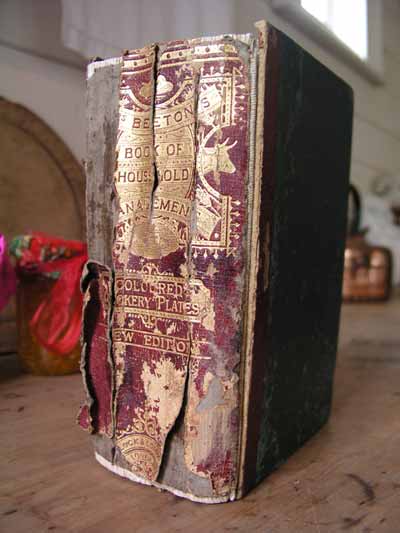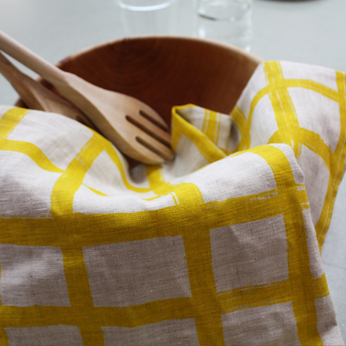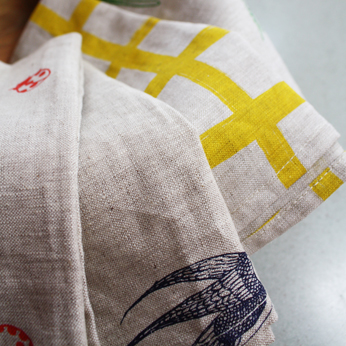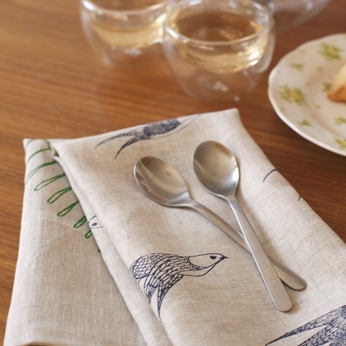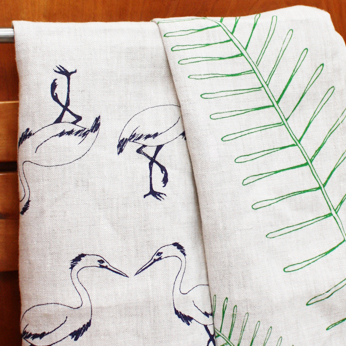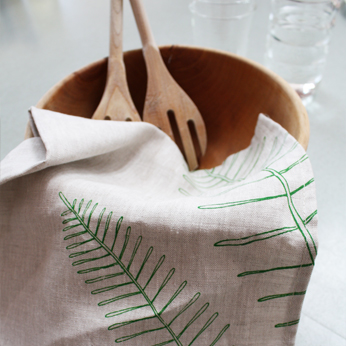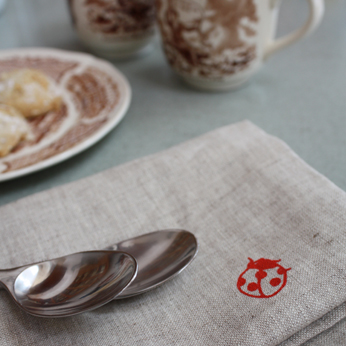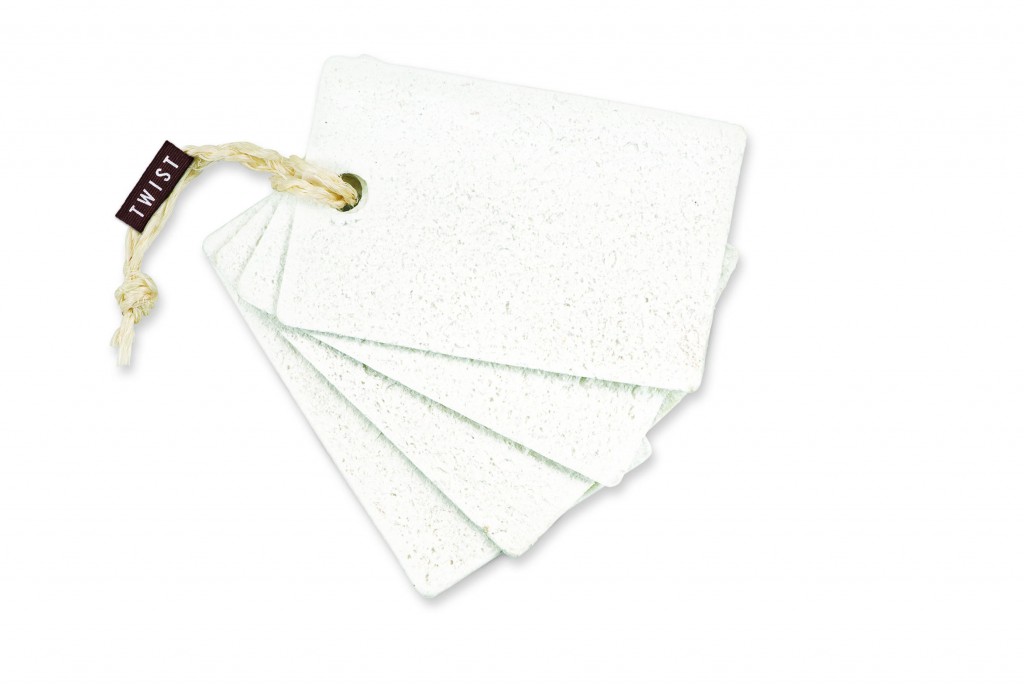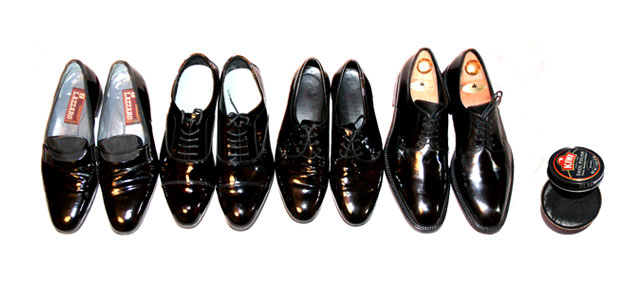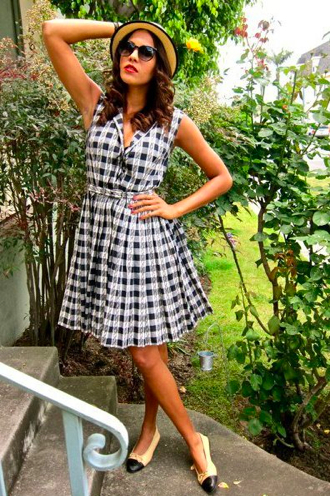55. AS SECOND IN COMMAND IN THE HOUSE, except in large establishments, where there is a house steward, the housekeeper must consider herself as the immediate representative of her mistress, and bring, to the management of the household, all those qualities of honesty, industry, and vigilance, in the same degree as if she were at the head of her own family. Constantly on the watch to detect any wrong-doing on the part of any of the domestics, she will overlook all that goes on in the house, and will see that every department is thoroughly attended to, and that the servants are comfortable, at the same time that their various duties are properly performed.
Cleanliness, punctuality, order, and method, are essentials in the character of a good housekeeper. Without the first, no household can be said to be well managed. The second is equally all-important; for those who are under the housekeeper will take their “cue” from her; and in the same proportion as punctuality governs her movements, so will it theirs. Order, again, is indispensable; for by it we wish to be understood that “there should be a place for everything, and everything in its place.” Method, too, is most necessary; for when the work is properly contrived, and each part arranged in regular succession, it will be done more quickly and more effectually.
56. A NECESSARY QUALIFICATION FOR A HOUSEKEEPER is, that she should thoroughly understand accounts. She will have to write in her books an accurate registry of all sums paid for any and every purpose, all the current expenses of the house, tradesmen’s bills, and other extraneous matter. As we have mentioned under the head of the Mistress (see 16), a housekeeper’s accounts should be periodically balanced, and examined by the head of the house. Nothing tends more to the satisfaction of both employer and employed, than this arrangement. “Short reckonings make long friends,” stands good in this case, as in others.
It will be found an excellent plan to take an account of every article which comes into the house connected with housekeeping, and is not paid for at the time. The book containing these entries can then be compared with the bills sent in by the various tradesmen, so that any discrepancy can be inquired into and set right. An intelligent housekeeper will, by this means, too, be better able to judge of the average consumption of each article by the household; and if that quantity be, at any time, exceeded, the cause may be discovered and rectified, if it proceed from waste or carelessness.
57. ALTHOUGH IN THE DEPARTMENT OF THE COOK, the housekeeper does not generally much interfere, yet it is necessary that she should possess a good knowledge of the culinary art, as, in many instances, it may be requisite for her to take the superintendence of the kitchen. As a rule, it may be stated, that the housekeeper, in those establishments where there is no house steward or man cook, undertakes the preparation of the confectionary, attends to the preserving and pickling of fruits and vegetables; and, in a general way, to the more difficult branches of the art of cookery.
Much of these arrangements will depend, however, on the qualifications of the cook; for instance, if she be an able artiste, there will be but little necessity for the housekeeper to interfere, except in the already noticed articles of confectionary, &c. On the contrary, if the cook be not so clever an adept in her art, then it will be requisite for the housekeeper to give more of her attention to the business of the kitchen, than in the former case. It will be one of the duties of the housekeeper to attend to the marketing, in the absence of either a house steward or man cook.
58. THE DAILY DUTIES OF A HOUSEKEEPER are regulated, in a great measure, by the extent of the establishment she superintends. She should, however, rise early, and see that all the domestics are duly performing their work, and that everything is progressing satisfactorily for the preparation of the breakfast for the household and family. After breakfast, which, in large establishments, she will take in the “housekeeper’s room” with the lady’s-maid, butler, and valet, and where they will be waited on by the still-room maid, she will, on various days set apart for each purpose, carefully examine the household linen, with a view to its being repaired, or to a further quantity being put in hand to be made; she will also see that the furniture throughout the house is well rubbed and polished; and will, besides, attend to all the necessary details of marketing and ordering goods from the tradesmen.
The housekeeper’s room is generally made use of by the lady’s-maid, butler, and valet, who take there their breakfast, tea, and supper. The lady’s-maid will also use this apartment as a sitting-room, when not engaged with her lady, or with some other duties, which would call her elsewhere. In different establishments, according to their size and the rank of the family, different rules of course prevail. For instance, in the mansions of those of very high rank, and where there is a house steward, there are two distinct tables kept, one in the steward’s room for the principal members of the household, the other in the servants’ hall, for the other domestics. At the steward’s dinner-table, the steward and housekeeper preside; and here, also, are present the lady’s-maid, butler, valet, and head gardener. Should any visitors be staying with the family, their servants, generally the valet and lady’s-maid, will be admitted to the steward’s table.

